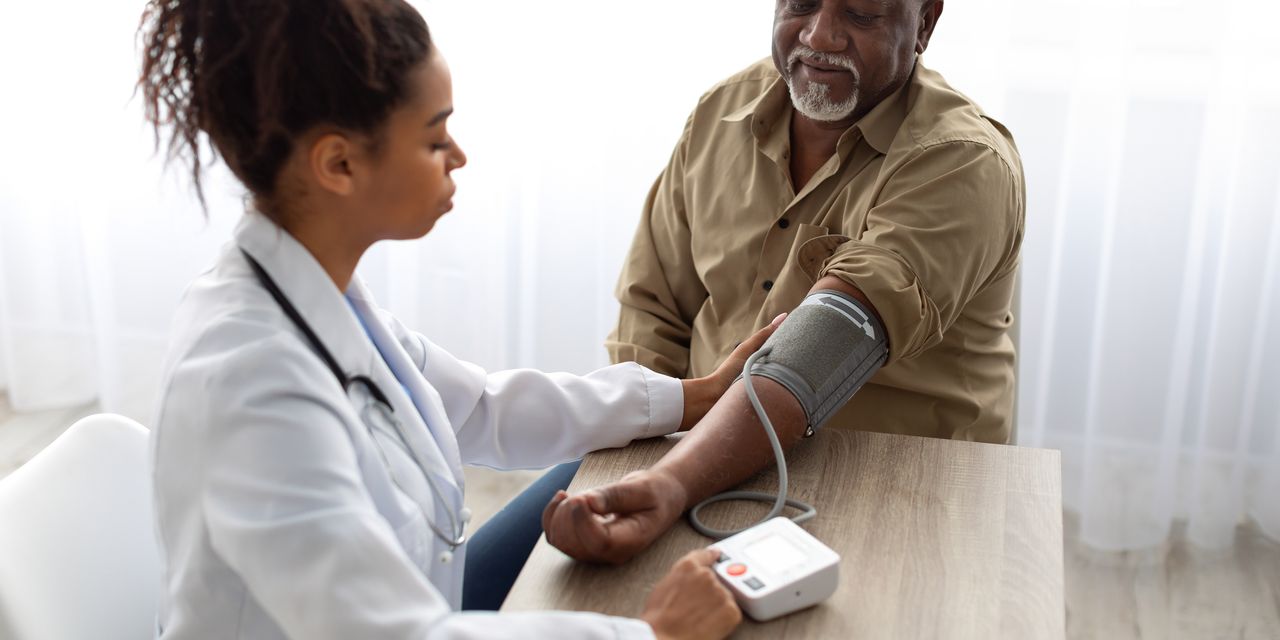Blood
80% of people with high blood pressure don’t get proper treatment, WHO says
Four out of five people with high blood pressure are not adequately treated, and nearly half of all people with this common and deadly condition don’t know they have it, the World Health Organization said Tuesday.
High blood pressure, also called hypertension, can lead to heart attack, stroke, kidney failure and other health problems — and it’s running rampant despite the availability of simple, low-cost drugs to treat the condition, the WHO said. About 76 million deaths could be avoided between now and 2050 if countries stepped up efforts to treat high blood pressure, the global health body said.
Previous research has found that high blood pressure is the single most important factor triggering early deaths worldwide, causing about 10.8 million avoidable deaths annually. “The bottom line here is that the world’s most deadly condition is also the most neglected,” Dr. Tom Frieden, president and CEO of Resolve to Save Lives, a nonprofit focused on cardiovascular health, and former director of the U.S. Centers for Disease Control and Prevention, said on a WHO call with reporters Monday.
About 1.3 billion people are now living with hypertension, double the number in 1990, the WHO said in its new, first-ever report on the global impact of the condition. The WHO defined hypertension as blood pressure of 140/90. Although age and genetics can play a role in blood pressure, the WHO said, behavioral factors like eating high-salt foods, not being physically active and drinking too much alcohol can also increase the risks. Pollution may also be contributing to the problem, as particulate matter in the air can lead to higher blood pressure, Frieden said.
The WHO report, published as world leaders convene in New York this week for the United Nations General Assembly, calls on countries to implement dose- and drug-specific treatment protocols and ensure access to affordable drugs and blood-pressure monitoring, among other measures.
In the U.S., less than half of the 69 million people age 30 through 79 with hypertension have the condition under control, the report found. “The U.S. spends $4 trillion a year on healthcare, and we can’t do the single most important thing right more than half the time,” Frieden said. “That’s unacceptable.”
U.S. public-health leaders have lately tried to tackle some aspects of the problem, including the rising prevalence of hypertensive disorders in pregnancy. The U.S. Preventive Services Task Force earlier this year issued new draft recommendations that all pregnant people have their blood pressure checked at every prenatal visit.
Prices of essential blood-pressure drugs vary wildly among countries, with governments and patients in many countries paying higher prices than necessary, the WHO said. Yet effective treatment can be extremely cheap, the agency noted, with basic blood-pressure drugs like amlodipine and hydrochlorothiazide generally available at 1 cent per tablet. “These are very cheap molecules, and if you look at many countries you have markups, you have lack of regulations, so this is a huge area of concern,” Dr. Bente Mikkelsen, WHO’s director of noncommunicable diseases, said on the call Monday.
Three-quarters of adults with hypertension live in low- and middle-income countries, the WHO said. “Unless medicines are free, the poorest and most vulnerable patients may be forced to choose between food and medications,” Frieden said.
Widespread high blood pressure also takes an enormous economic toll, the WHO report said, due to lost wages, lower productivity, reduced tax income and other factors.

